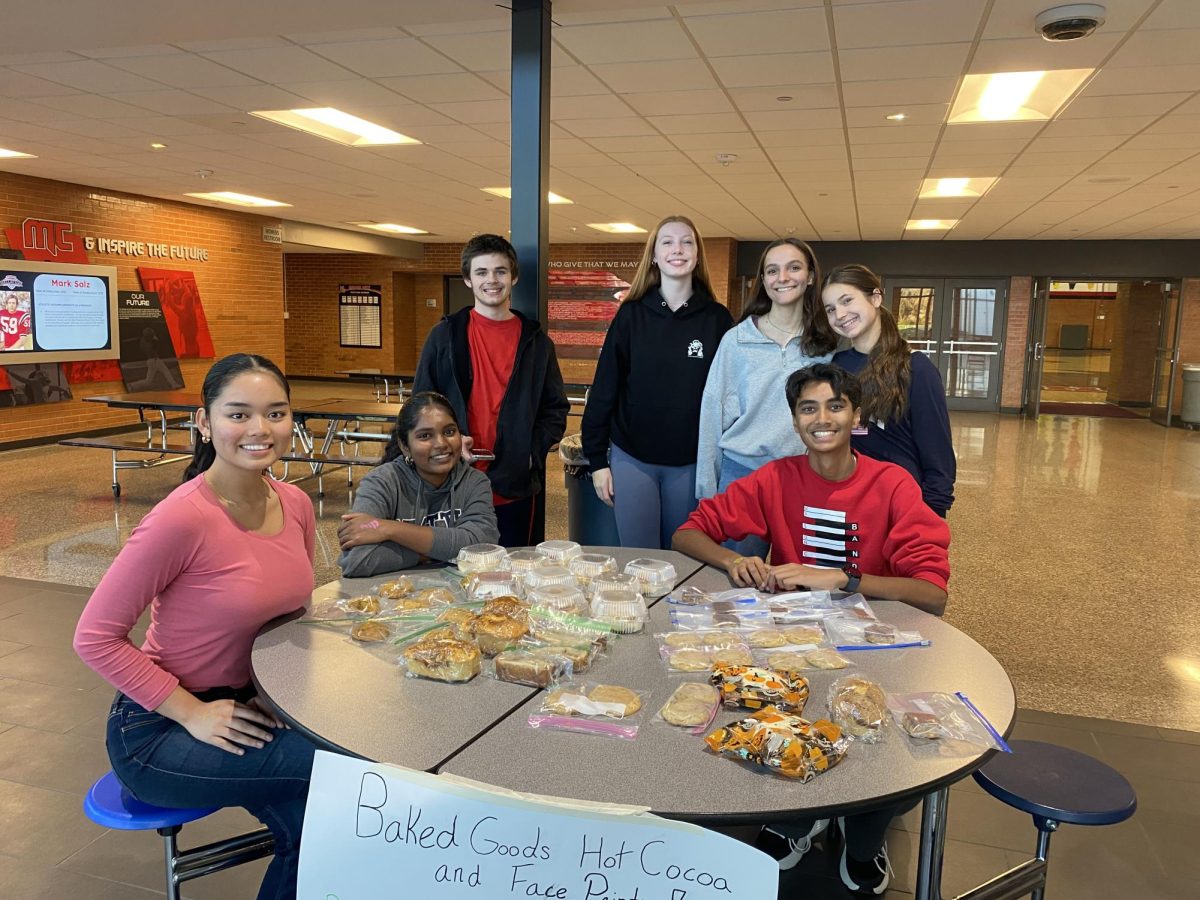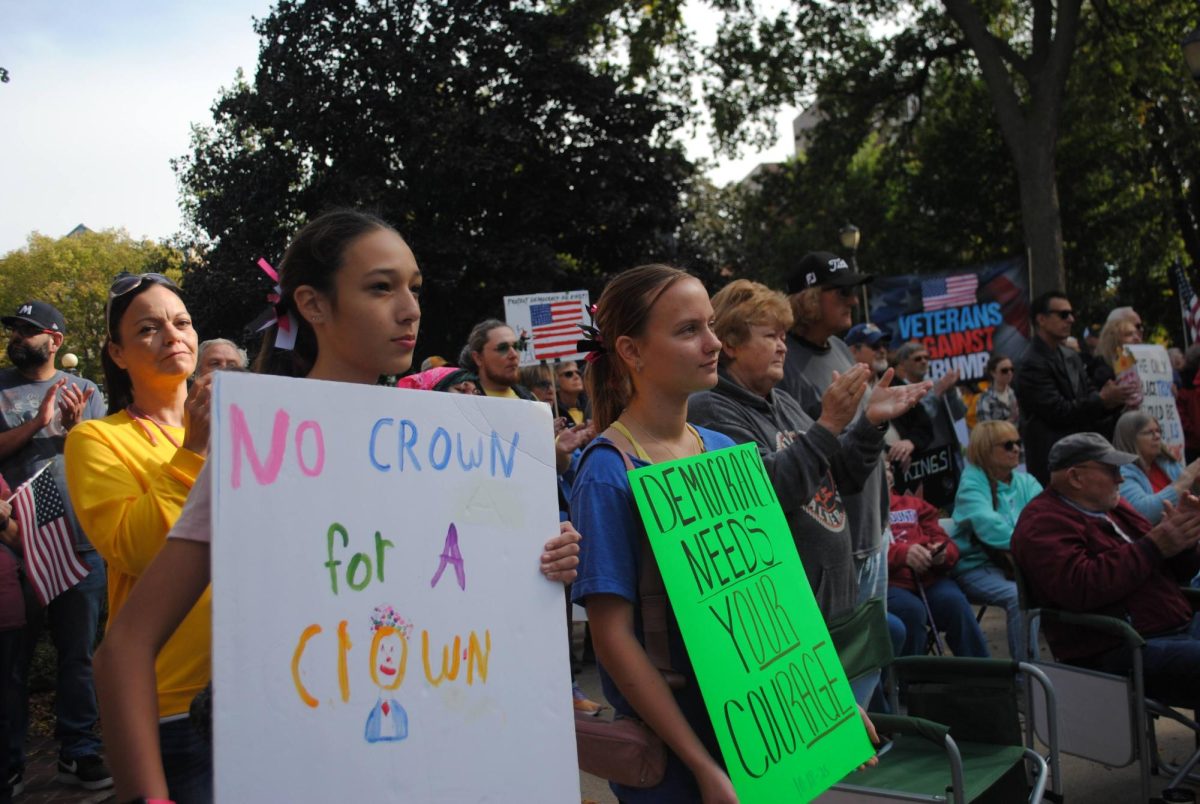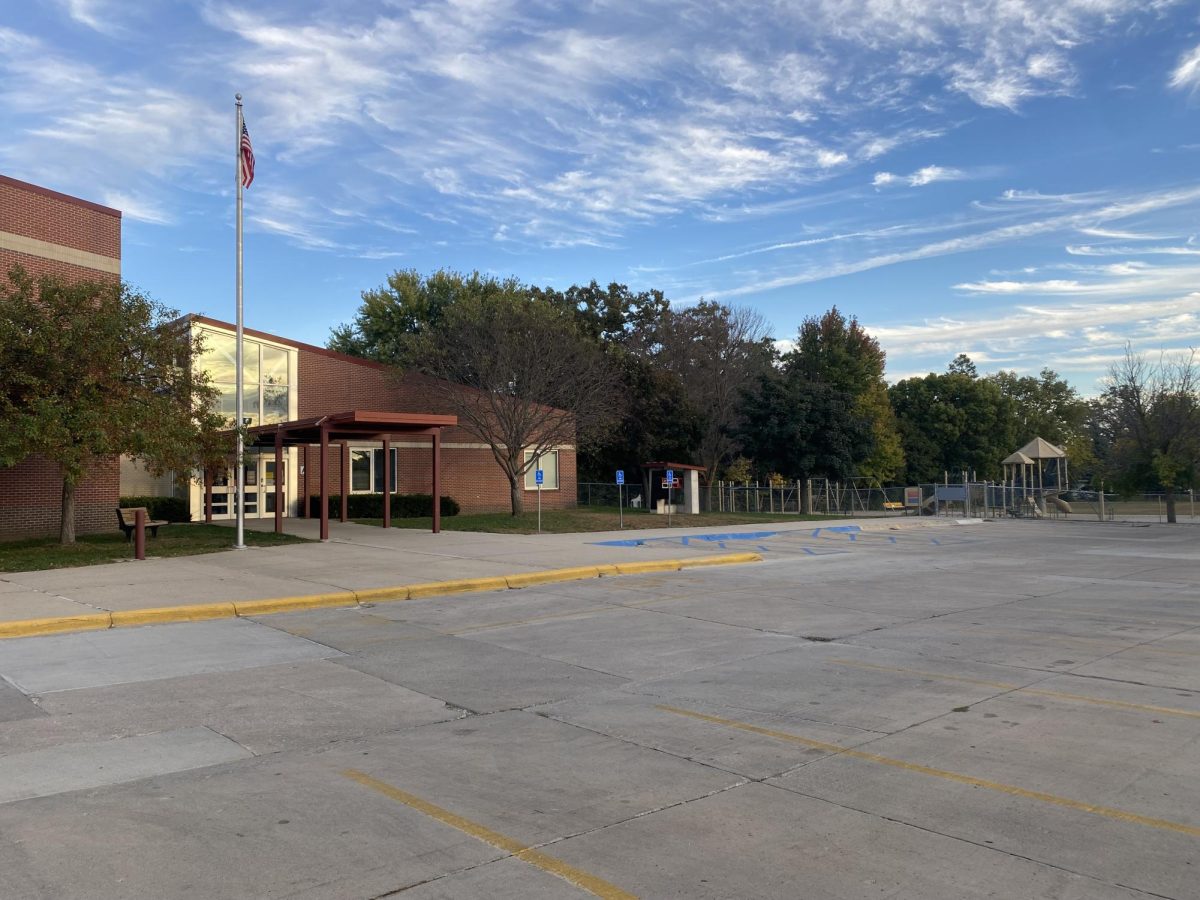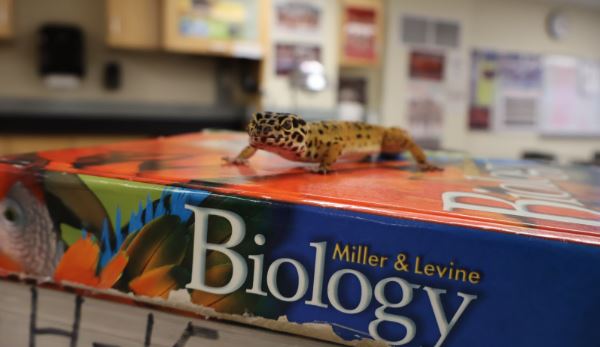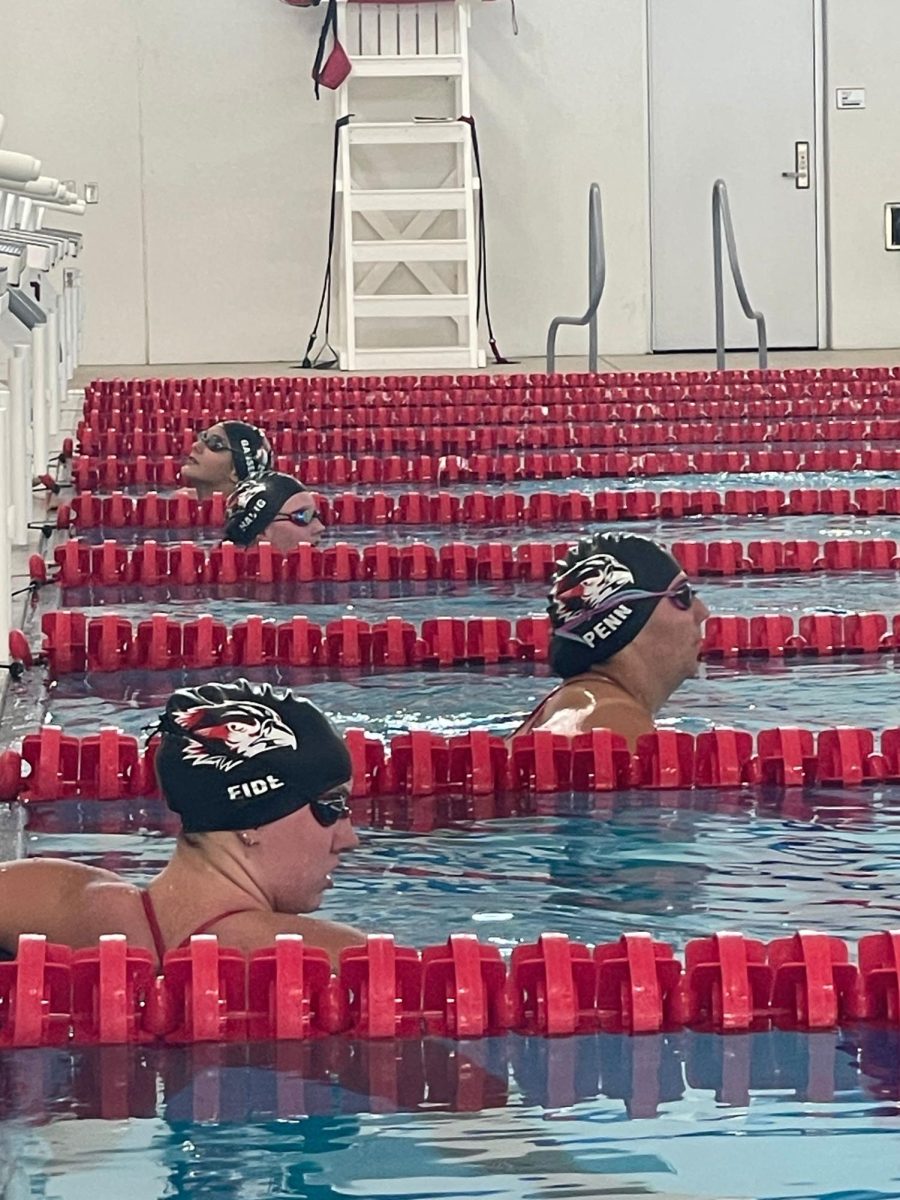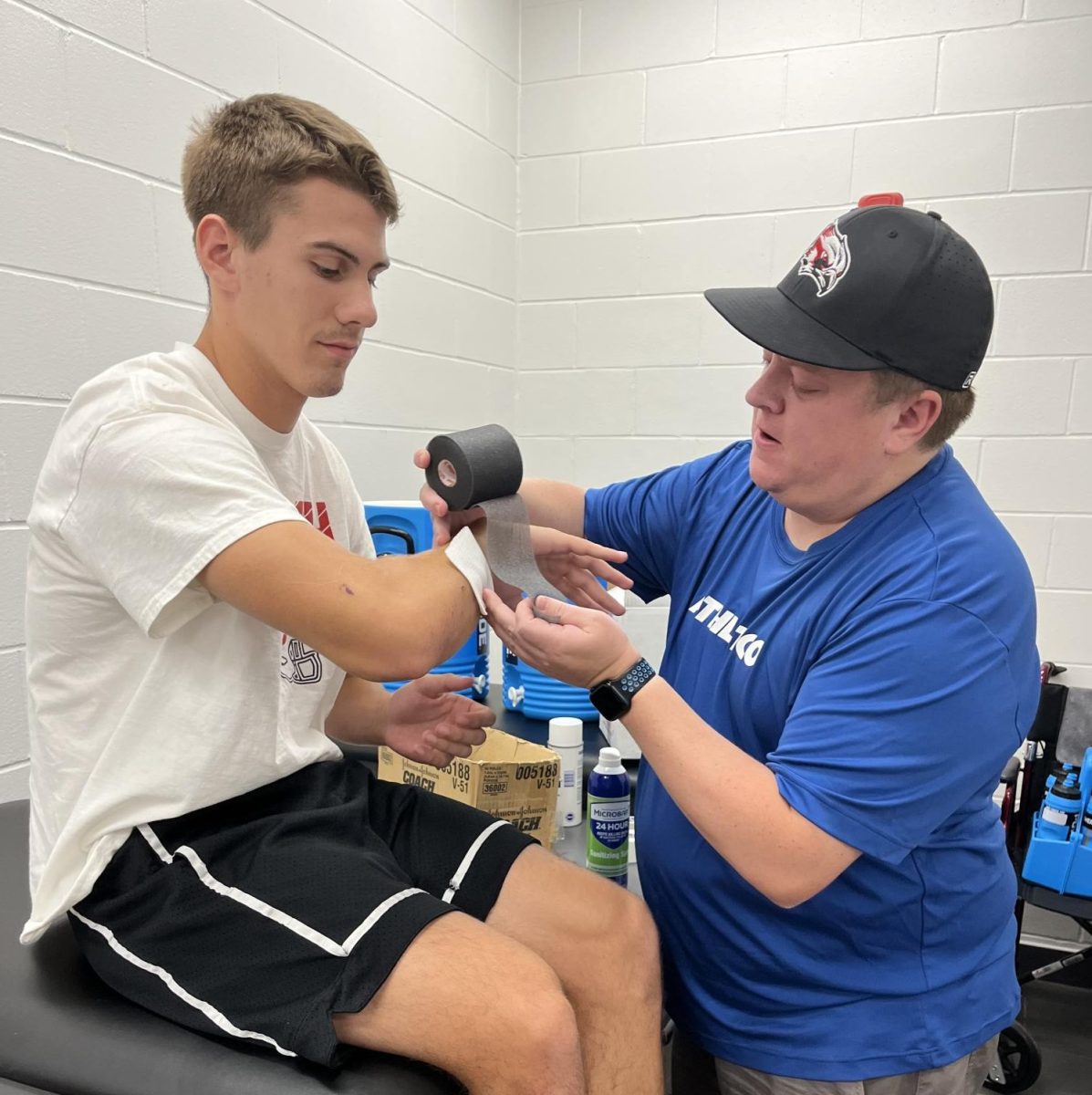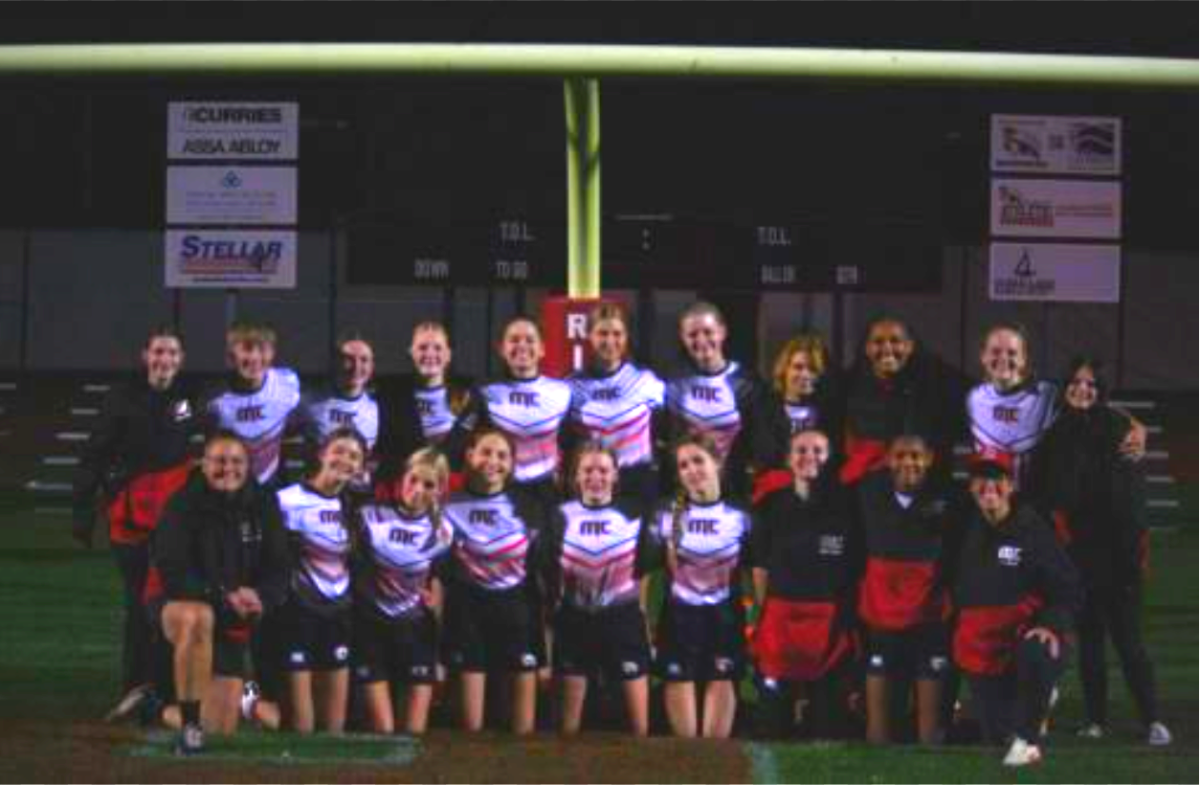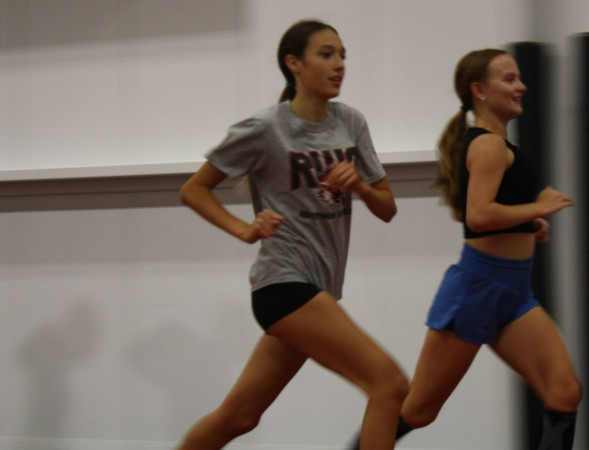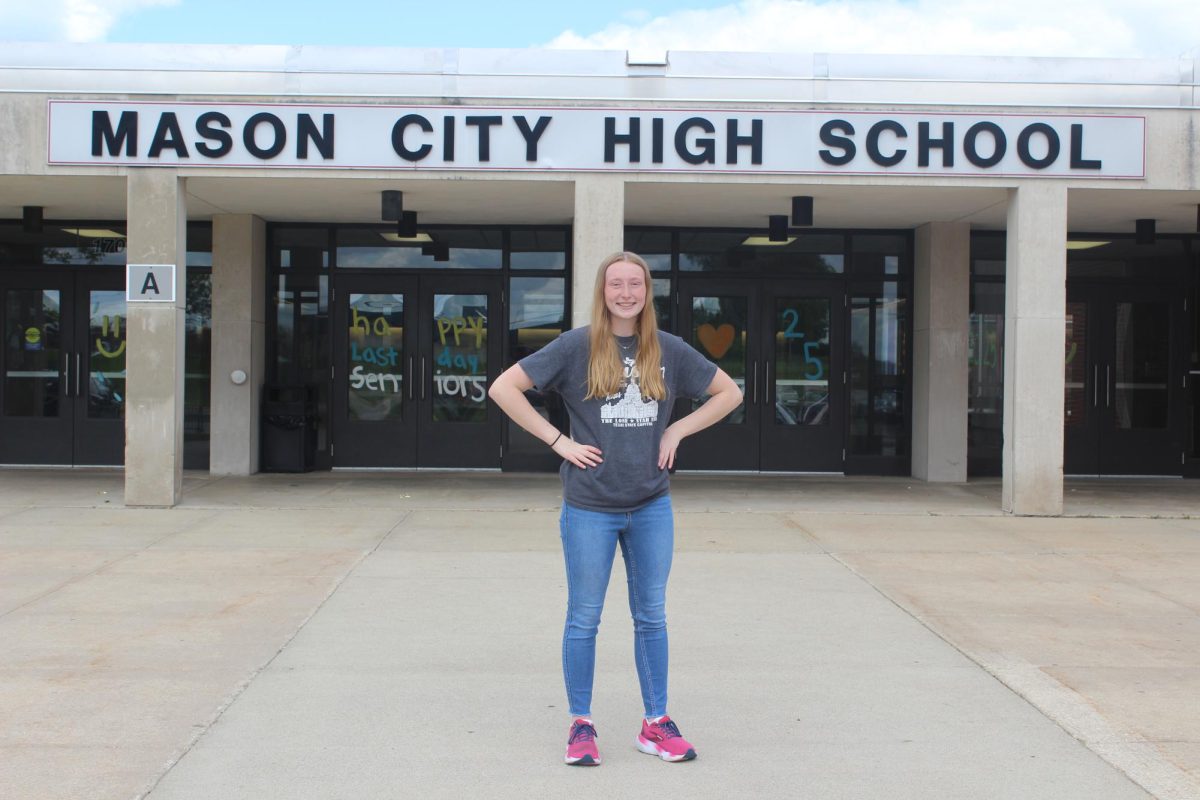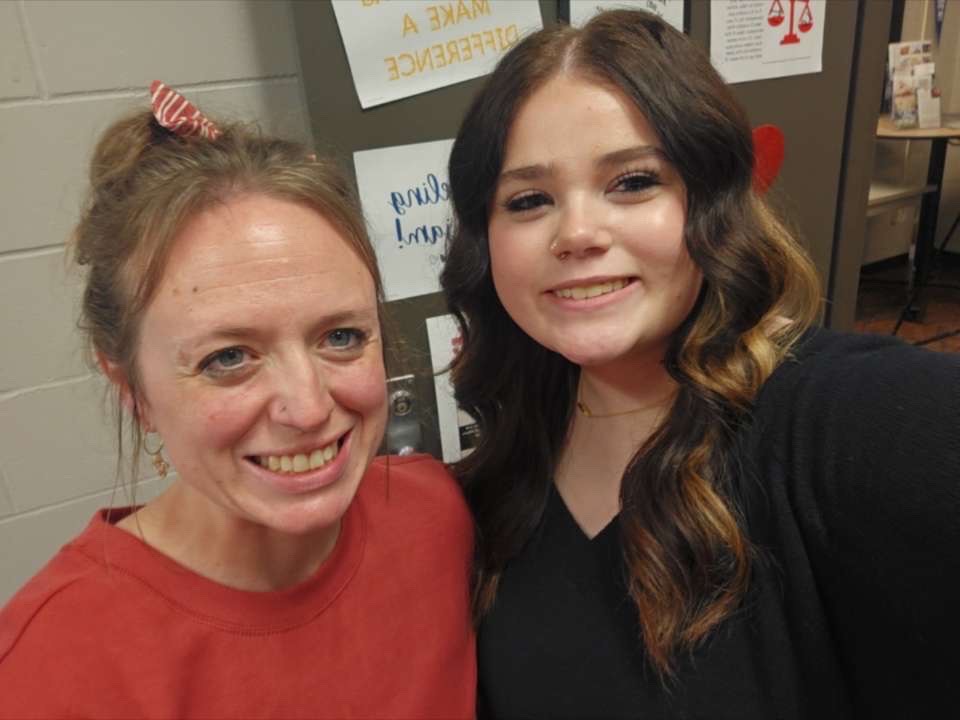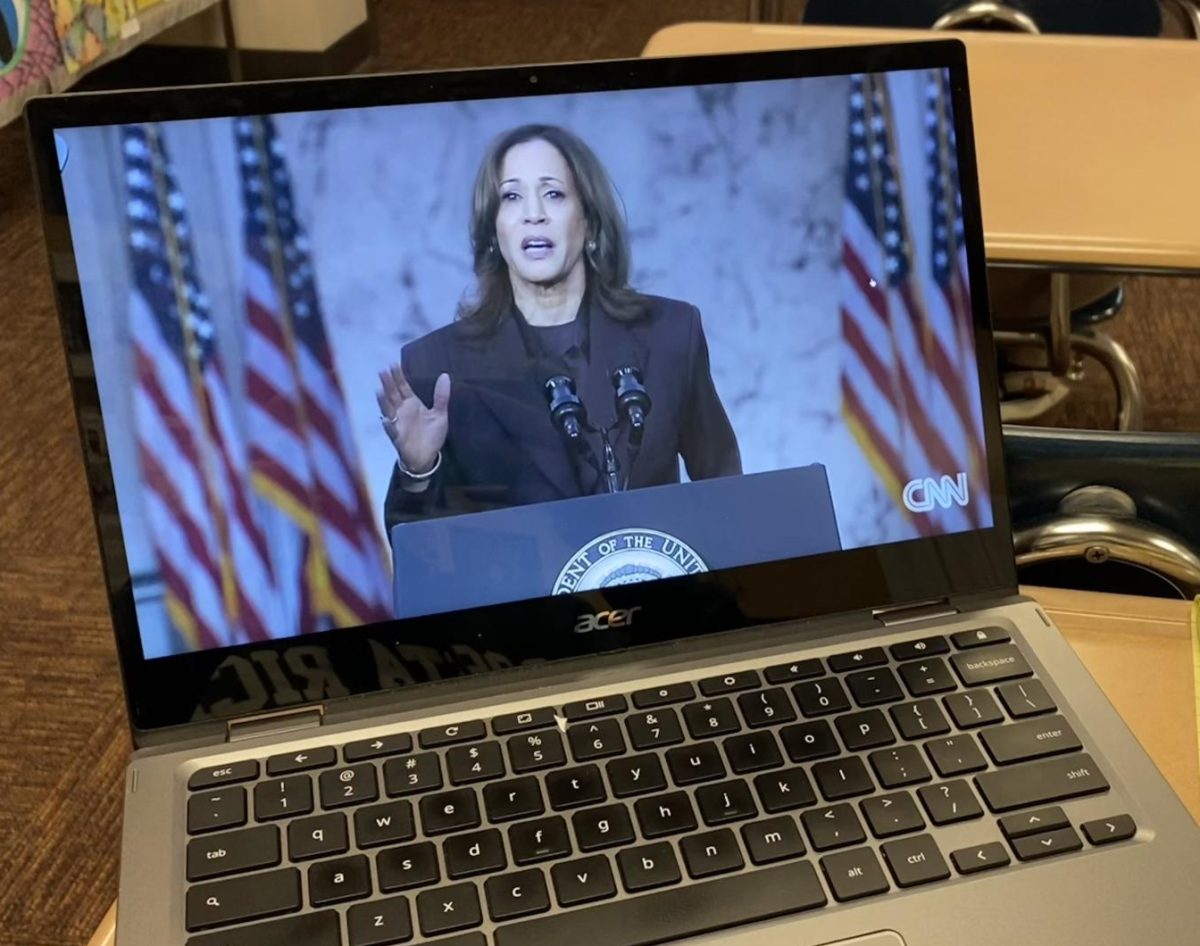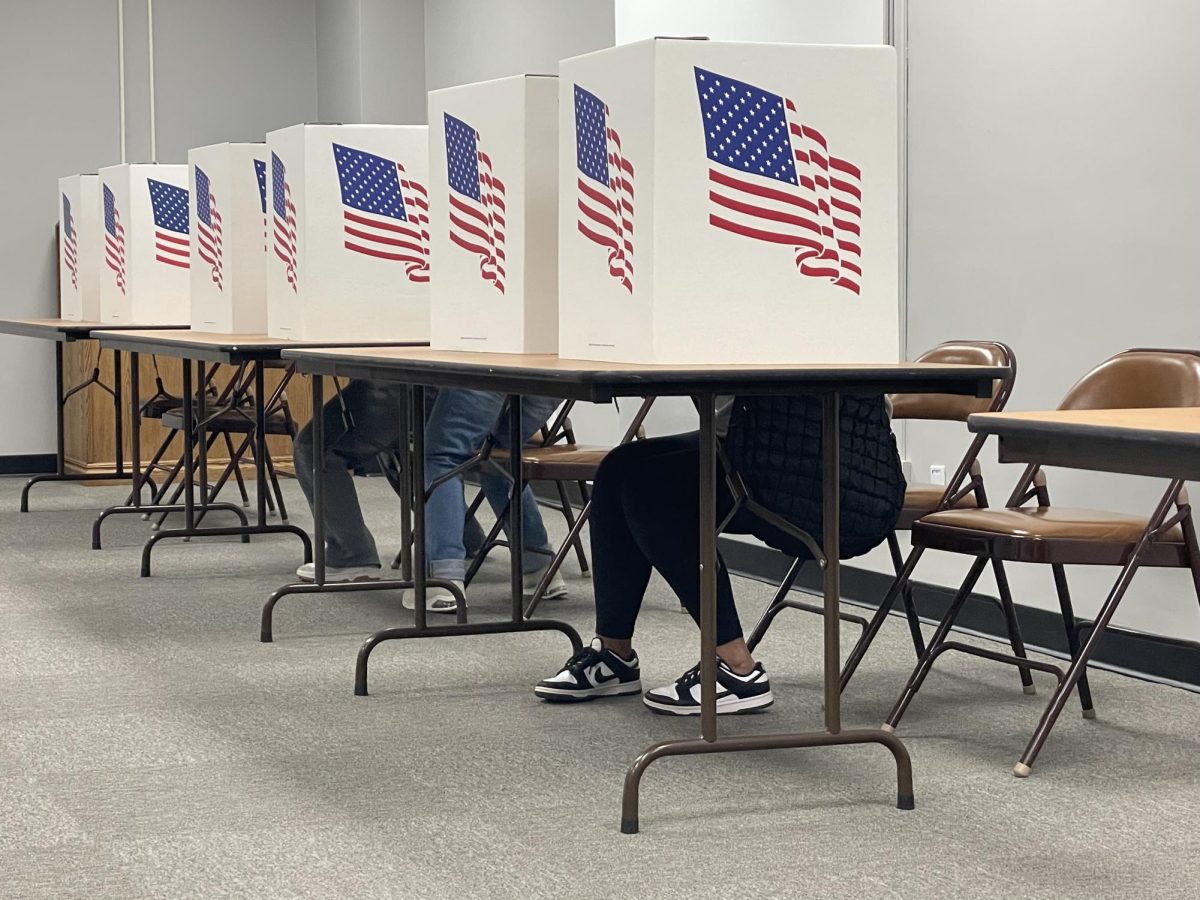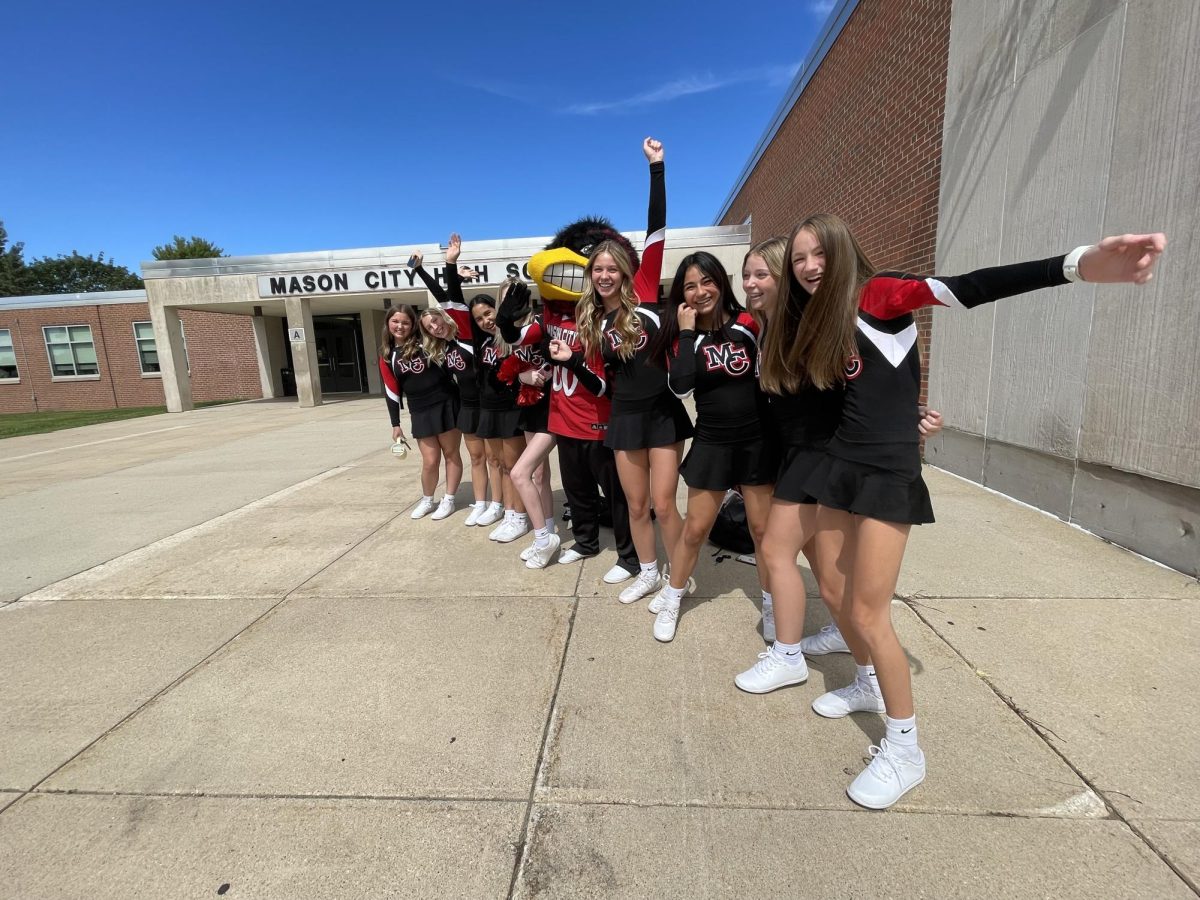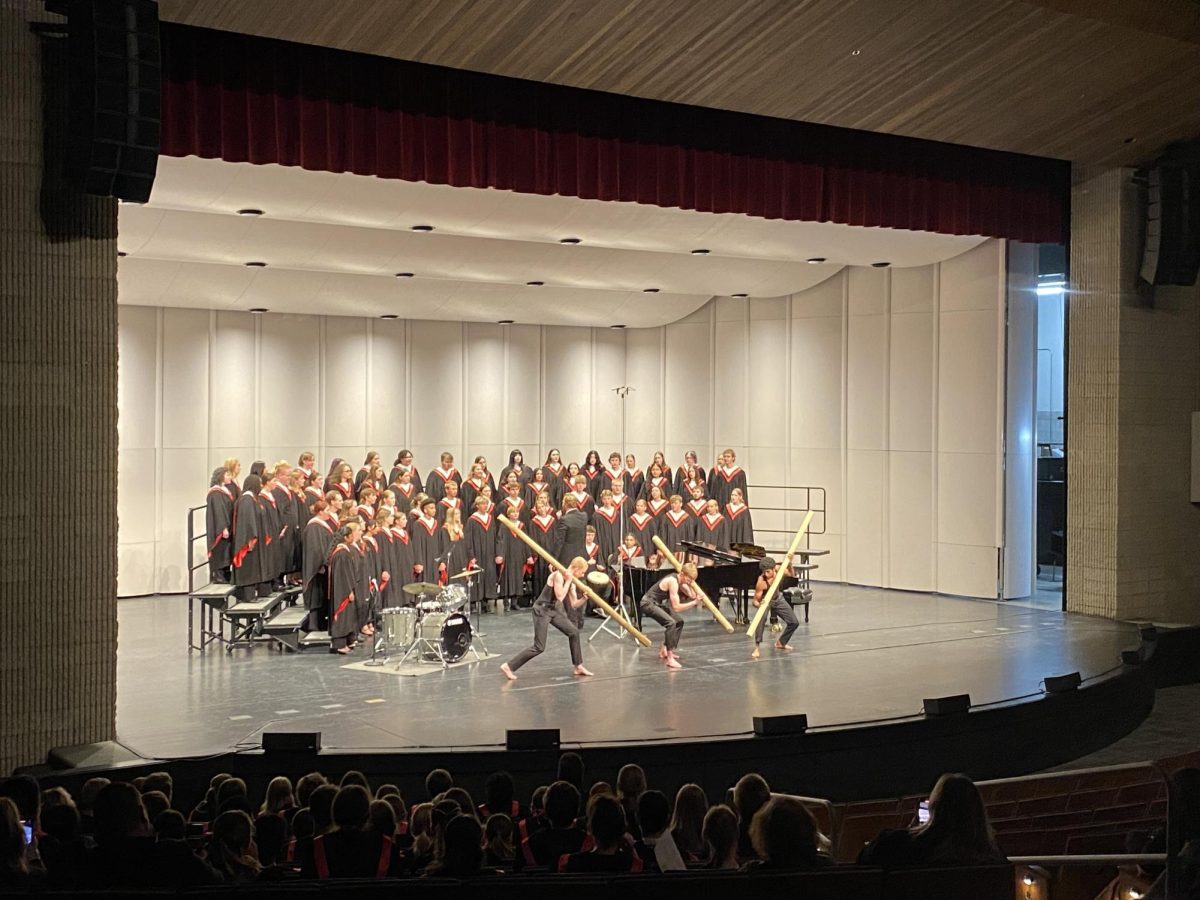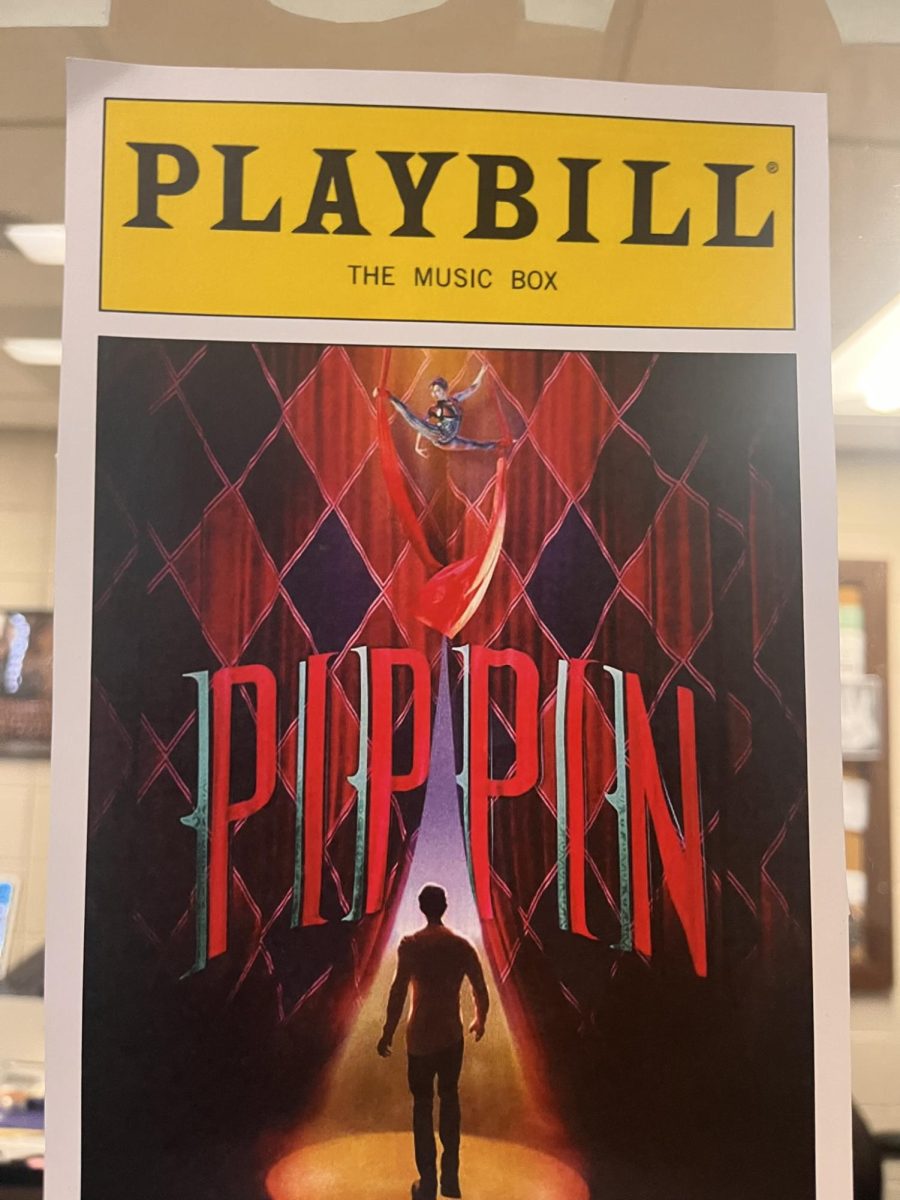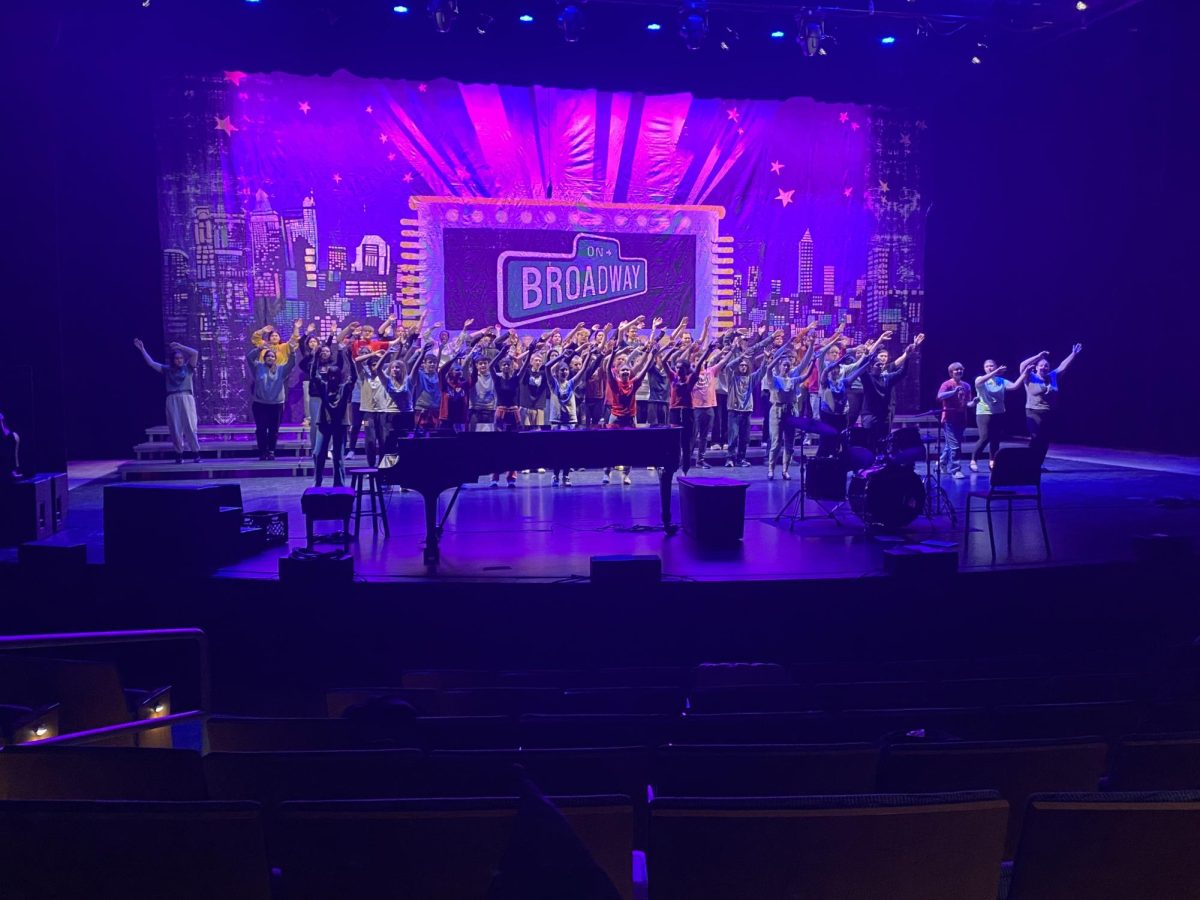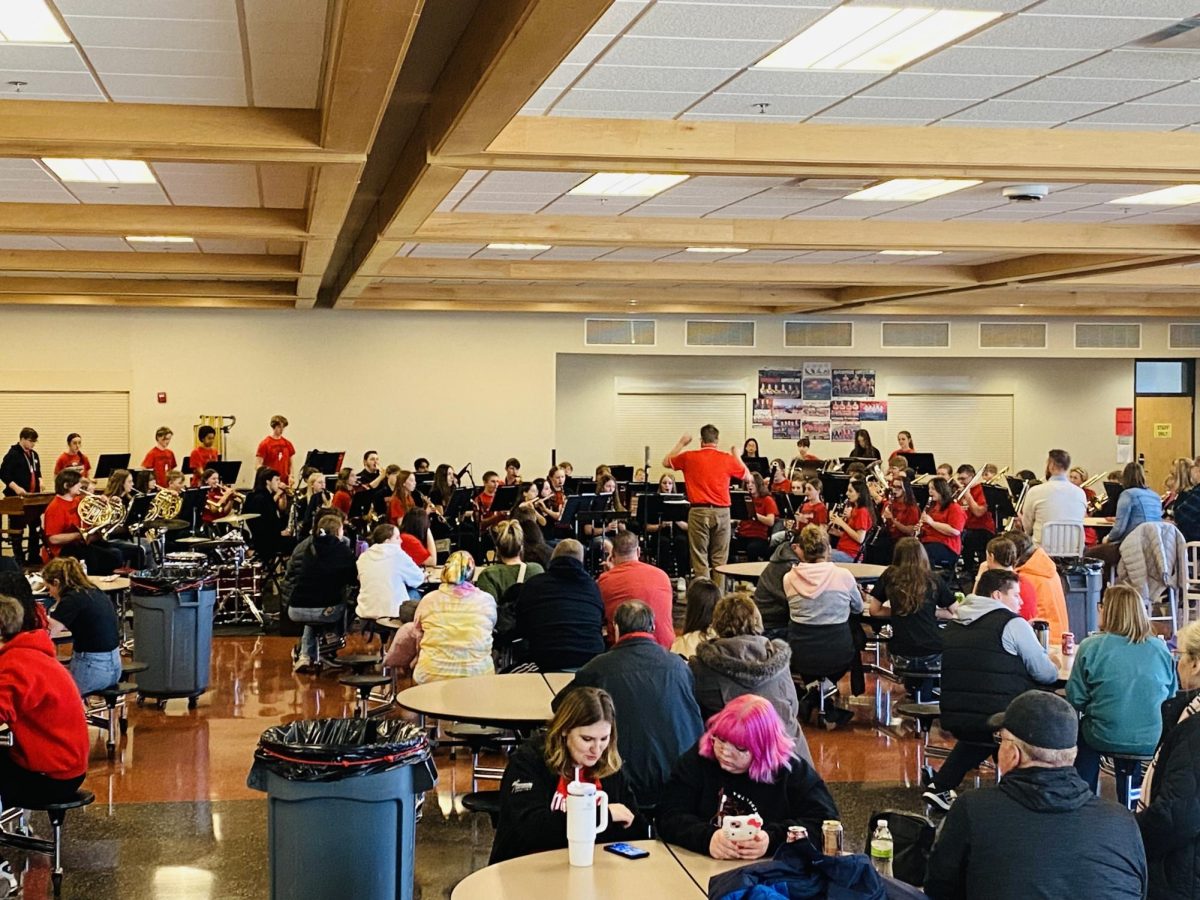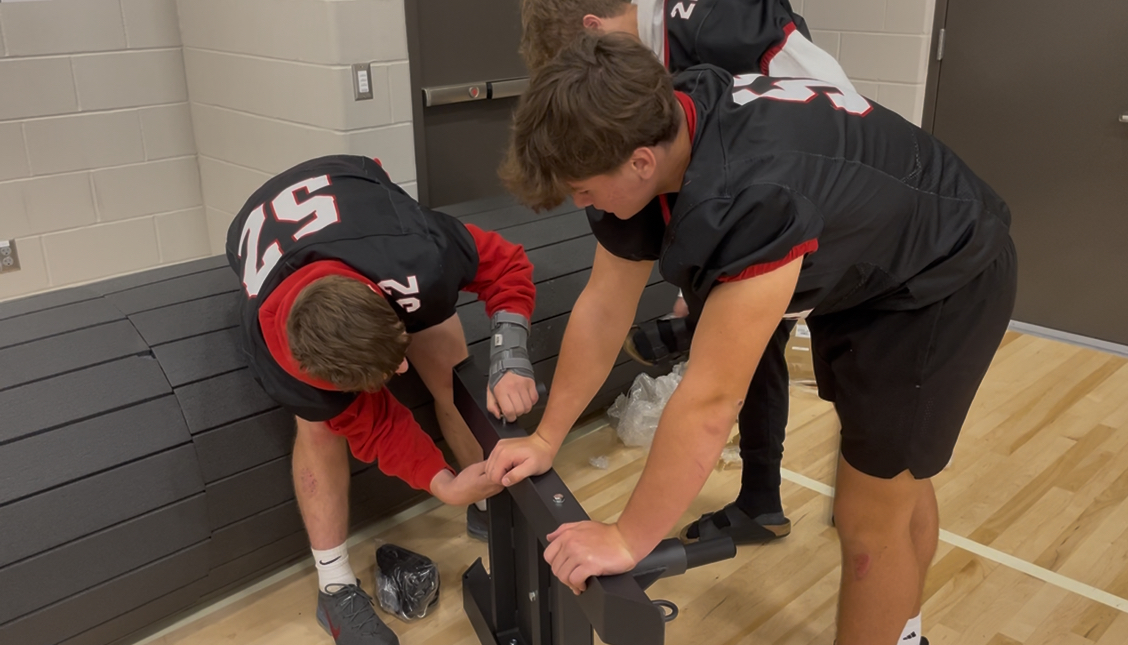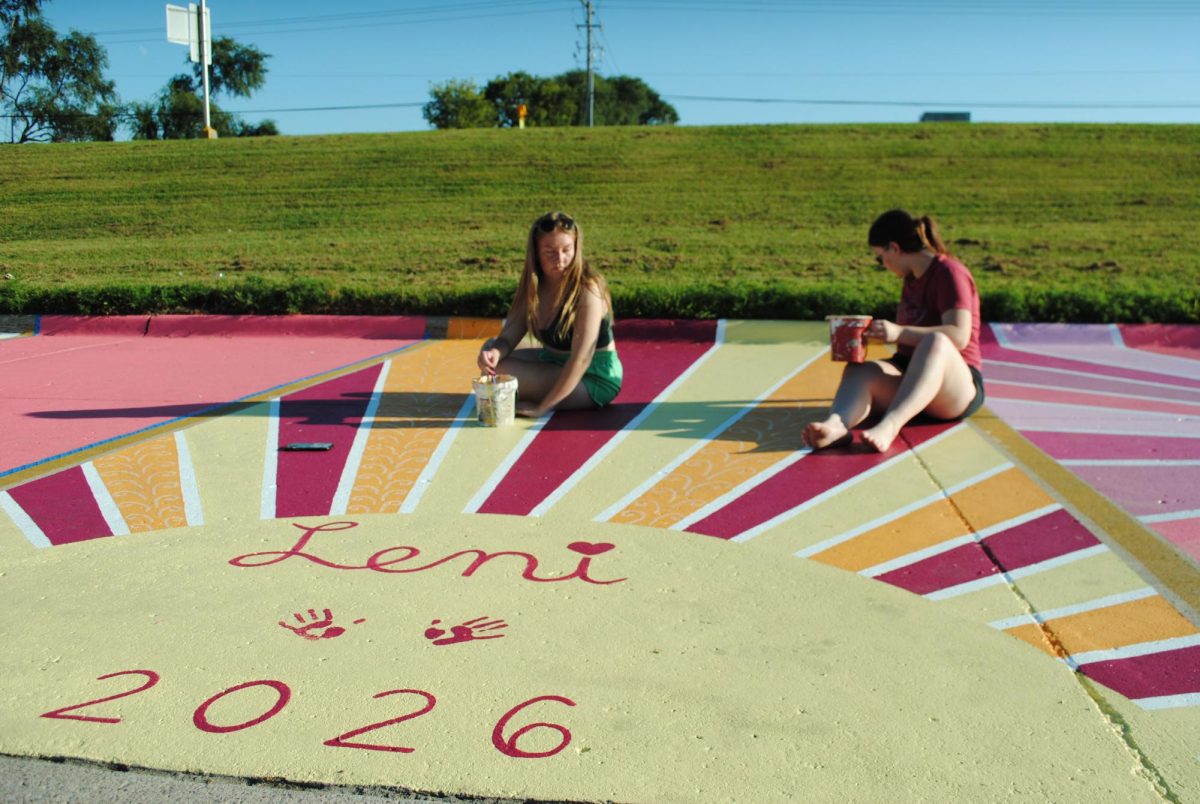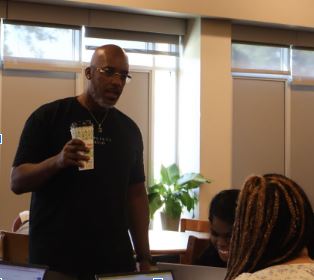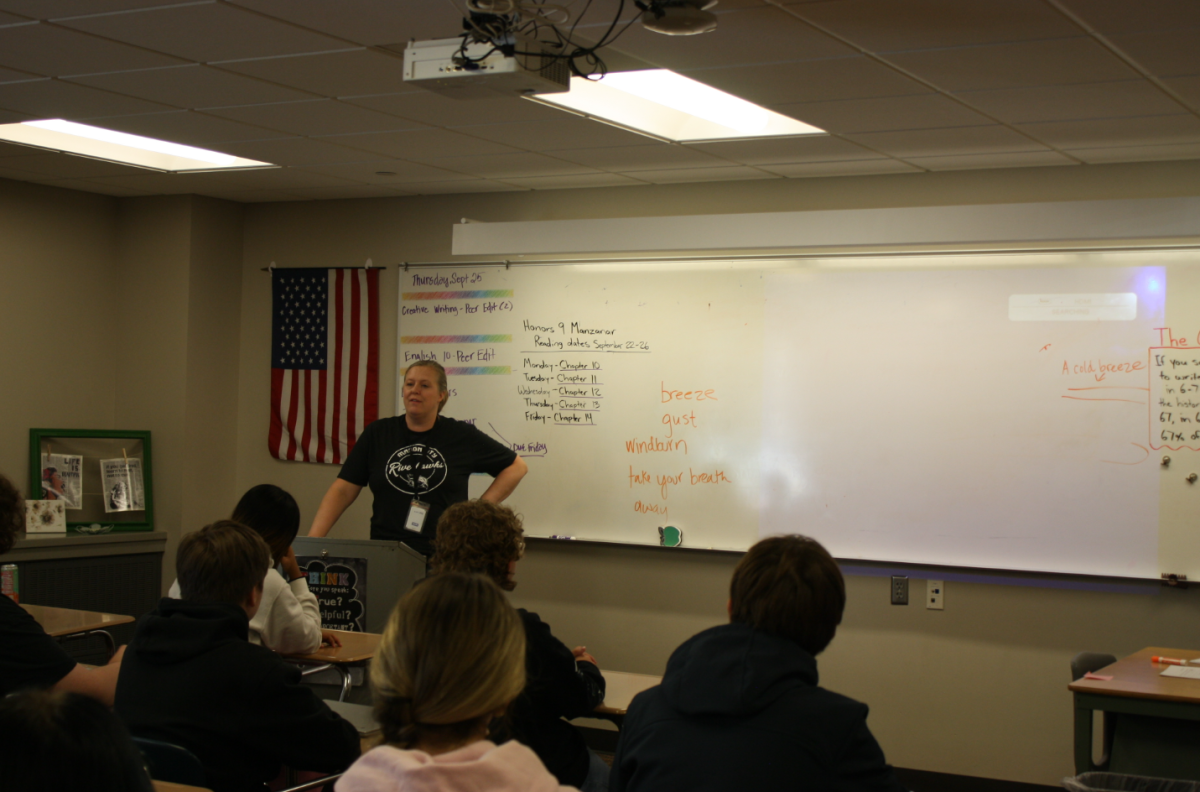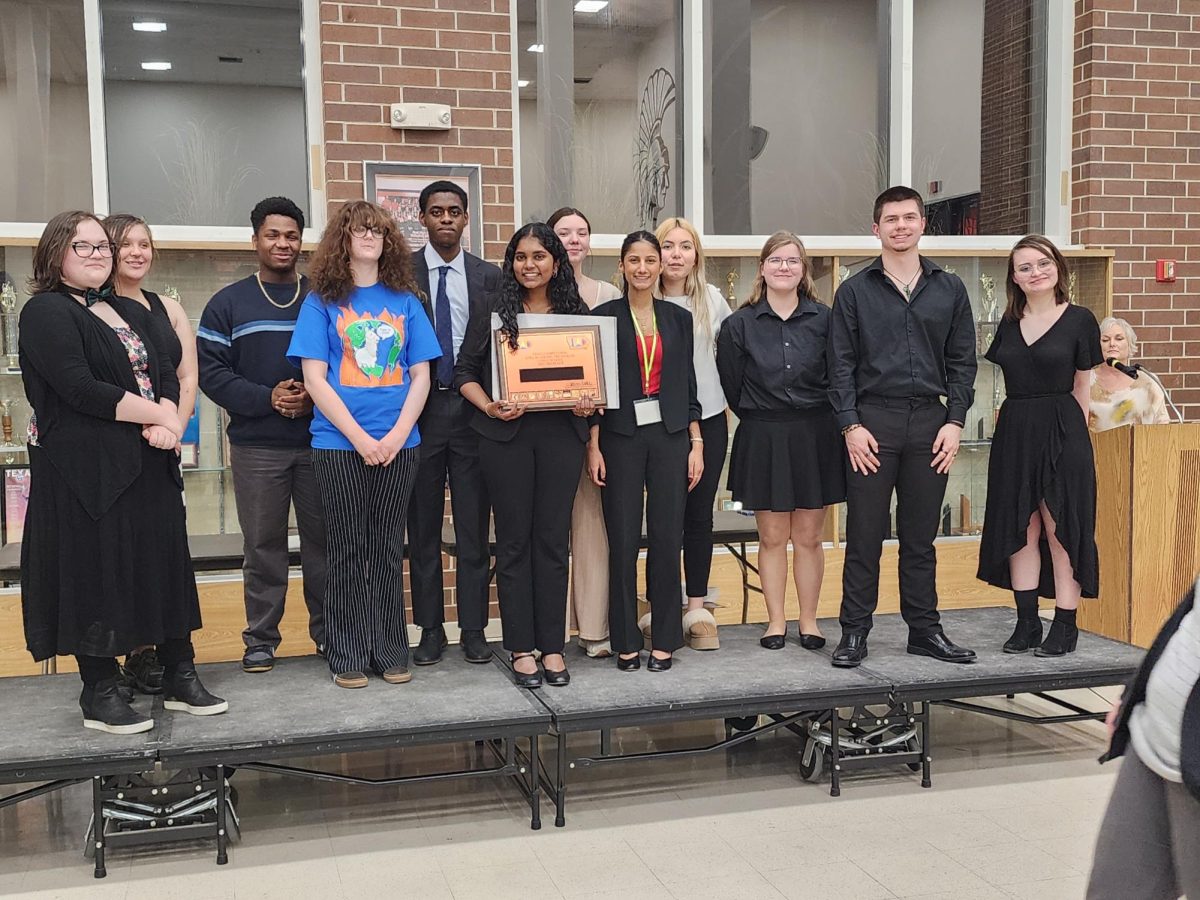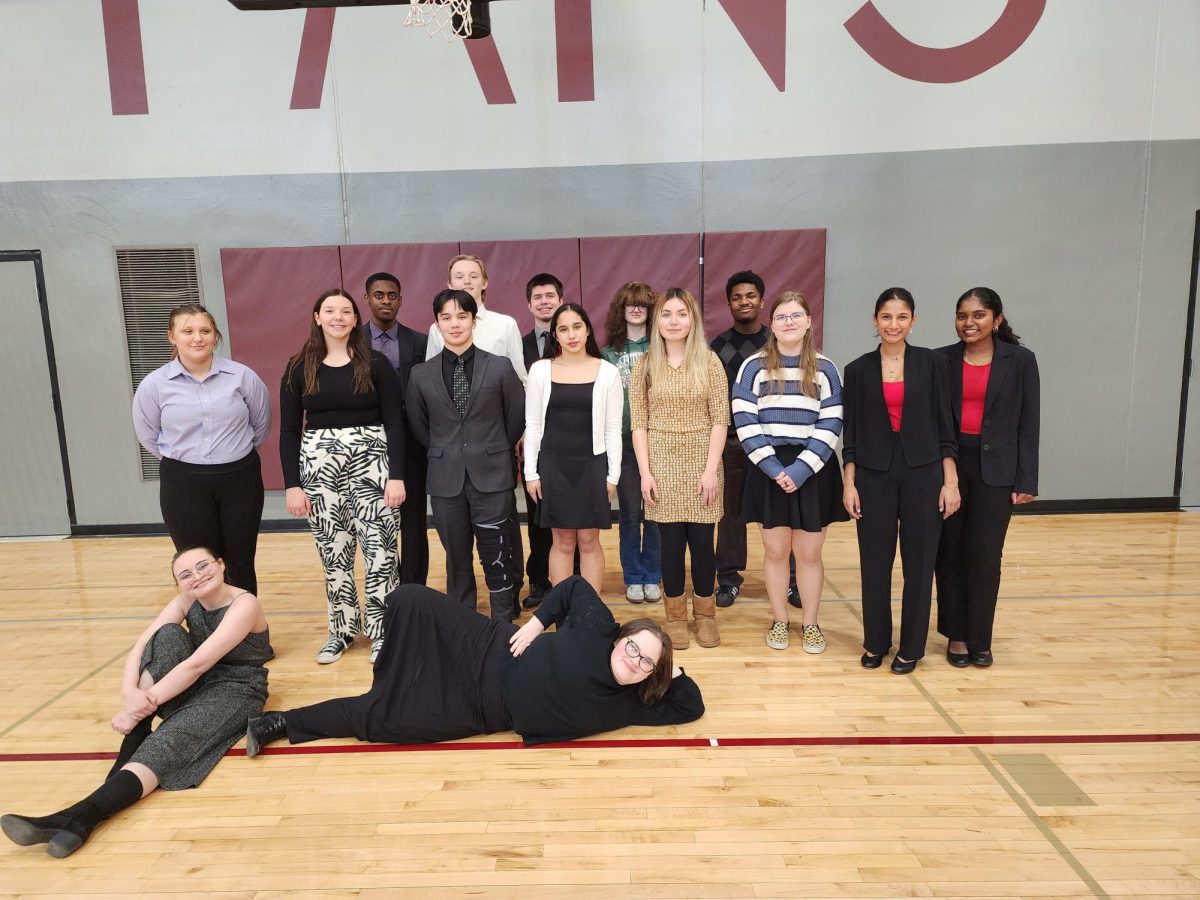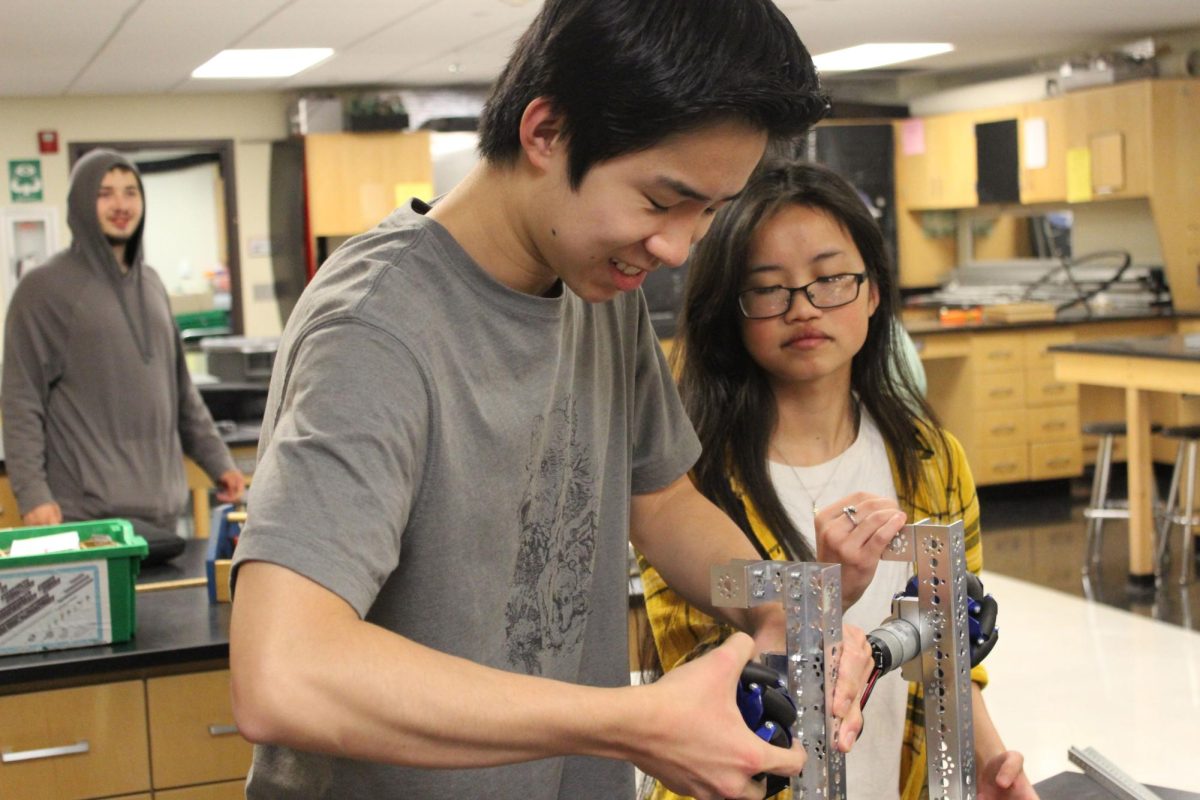When I was asked to write an article about the upcoming election for the Press by my advisor, Mrs. Scholl, I believe my exact words were, “Scholl, no one wants to do that.” I was concerned with the political controversy surrounding this election and what the response might be to an article covering it, but as I gave it more thought, I realized that normalizing political discussions in schools may be exactly what young Americans need.
Following the controversy of the January 6th riots of 2020 and unfounded allegations of election fraud by the Trump campaign, this election in particular has become a major source of contention between Americans. Especially this week, with election day looming, the big question is at the forefront of everyone’s mind: Harris or Trump?
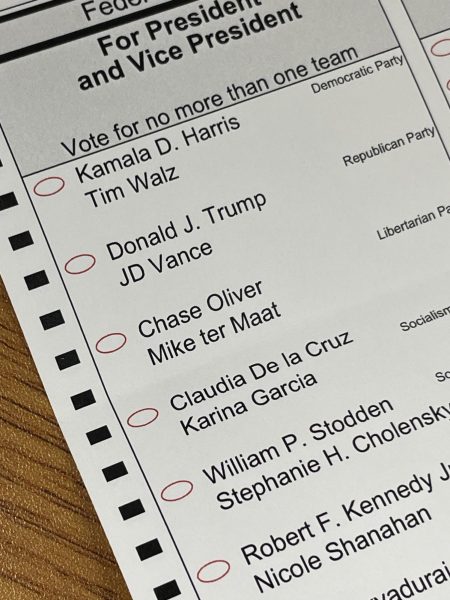
Despite the magnitude of this event, the halls of MCHS remain relatively free of political discussions. Students keep their opinions to themselves in the name of respect and inclusivity. The few who do venture to share their ideas are often ridiculed or fiercely criticized.
“A lot of people don’t feel safe sharing their views on political situations due to a lot of the fights and arguments that come with it,” said freshman Avery Bergman in response to a survey sent to students about politics at school.
The survey was shared with the student body on October 29th and closed November 1st, during which time 61 responses were collected across all grade levels. The survey was voluntary and non-scientific. For the purposes of this article, some of the quotes have been revised for spelling.
Students need to be willing to share their opinions with their classmates. The survey reported that only 51% of students would be comfortable discussing politics with even their close friends. In a society where people have the entire world at their fingertips, we need to learn how to appropriately communicate controversial opinions.
Does social media have an impact on student political opinions and sharing of ideas? According to the results of the survey, it certainly does. “I think phones play the biggest part in how we feel about politics,” said senior Zoey Reeves. “Having access to any information, anywhere you want majorly affects how we feel talking about these things.”
The survey also reported that 44% of students get their political information primarily from social media sources like TikTok and Instagram. When ingesting a steady stream of sensationalist (and often fake) news readily available to them, students also swallow the poison that dissolves their confidence in discussing their opinions. Having to question every story that they read before talking about it makes students less likely to discuss their opinions and less confident in their political views.
With social media also comes the dreaded comments section, where people from across the globe can anonymously publish their thoughts, and others of contrasting opinions can respond with impunity. Reeves cites “the highlighted hatred that comes from comment sections,” as one of the reasons why students are uncomfortable discussing politics. Students don’t want to be attacked for their opinions, and a “comments section” mentality has begun to surround discussions about politics, in the digital world and in real life.
Sophomore Ambrose Luong attributes the political complacency of students to “an increase of lack of confidence and lack of education of politics.” It’s well proven that social media can take a severe toll on the confidence of young people, and most of the clickbait seen on reels, tweets, and posts is anything but educational.
Students should feel responsibility to be as informed on politics as they can be. Democracy is a privilege that people have fought for for generations, from the original colonists of Great Britain to women to people of color. It’s a privilege that people all over the world still fight for today. The lucky few of us who do have this privilege should not treat it flippantly.
However, flippant is perhaps the best word to describe some of the survey results. As I was reading through some of the responses, I found myself becoming increasingly more concerned for the future of our nation. “I just don’t really care about politics,” said one response. “[candidate] can die,” read another. They go on and on: “[candidate]’s kinda slow,” “Orange needs to be president again,” “WE don’t even need to worry [about] that stuff because we can’t even vote.” The responses range from sophisticated to erroneous to immature. Very few of them are well thought out at all, and many include fake news that can be debunked with a simple Google search.
These are the voters of tomorrow. In 4 years, they will be casting their votes in the presidential election. I feel very confident that some of the respondents will work hard to make the best choice for America. Most, however, I am less confident in.
In response to this behavior, many parents and adults simply say, “Kids these days,” and move on. However, the political immaturity displayed in the survey results is coming from the people in students’ lives. Many respondents cited their parents when responding with both true and false information. Parents need to take the political education of their children seriously. Any false information they share is likely to be repeated by their children, which is one major source of misleading information for high schoolers.
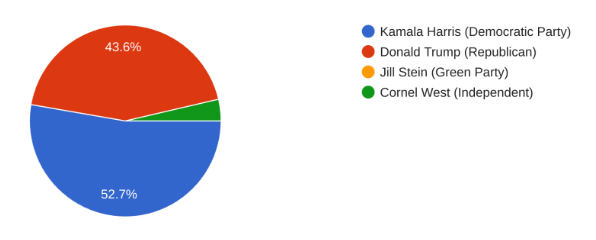
Having political education in American schools is a great way to make sure students fully understand the policies and ideas they support. “One of the reasons an education is needed by society is to make informed decisions, especially in a democracy,” said senior Joseline Juarez. The first politics-related class students can take at MCHS is Government or AP Government during their senior year. Having a class on modern politics that students could take throughout high school would help them learn more about the modern political landscape from a trusted source and give them a safe medium in which to debate their ideas.
Students—or just Americans in general—have to become more mature and informed about political ideas, getting their information from secure and unbiased sources. With education comes confidence in the discussion, debate, and evaluation of difficult topics. The level of immaturity in tomorrow’s voters is truly disturbing and must be corrected. Furthermore, the privilege of a democracy comes with a responsibility for each individual to do more than just watch a distorted contest from the sidelines. Americans need to commit to being as capable as they can be to make educated decisions for the good of America.
